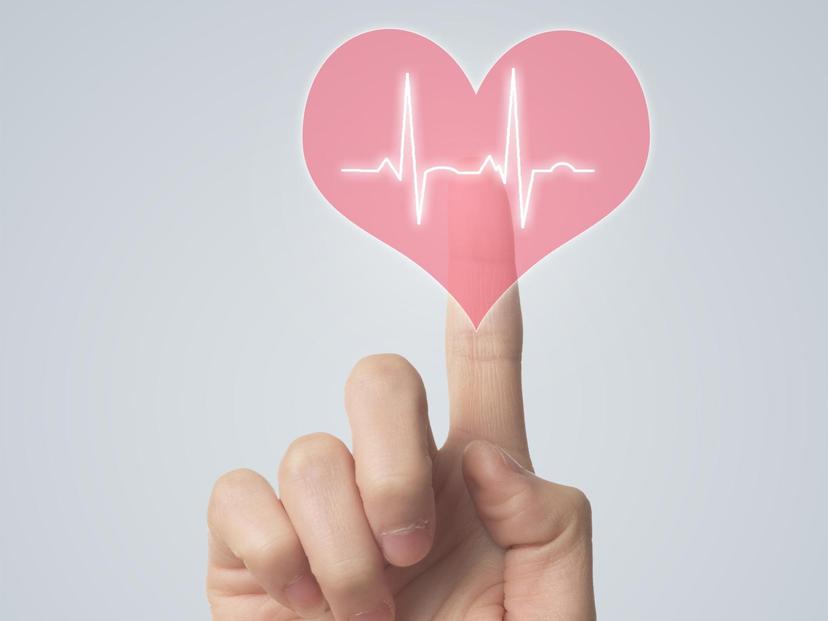30 мая 2025
Deceive me


30 мая 2025
Deceive me
## Accuracy indicator
Since the 1960s, scientists have known that our pupils tend to dilate when we think hard and try to remember something. In the 1970s, a curious discovery was made: people's pupils also dilate when they recognize something they have seen before. This phenomenon, called the "old/new pupil effect," has been confirmed by numerous experiments. Recent studies have gone even further, suggesting that pupil dilation may reflect the accuracy of memories.
## The experiment
Scientists asked 28 volunteers from Hungary to learn 80 two- or three-word phrases that are rarely used in Hungarian. The phrases were presented to the participants on a screen, arranged around the edge of an invisible circle. Later, the participants were shown a combination of old and new phrases, this time in the center of the screen. The participants had to recognize the words and remember where they had seen them before. While the participants were answering, the researchers tracked the size of their pupils.
The results were striking. When people recognized a word they had seen before, their pupils dilated, and the effect was more pronounced when the participants could accurately recall the original location of the word. Even when people were not sure where on the screen they had seen the word before but recognized it as familiar, their pupils still dilated. This suggests that our eyes reflect two layers of memory: a general sense of familiarity and accuracy regarding specific details.
## New possibilities
The pupil dilation response can serve as an indicator of memory accuracy in situations such as clinical examinations or court proceedings, when assessing the depth and reliability of memory. Measuring pupils is much easier and cheaper than other methods of [brain](https://ul.orna.me/KOge/librarydisease?id=194) analysis, so this discovery has potential for widespread application.













